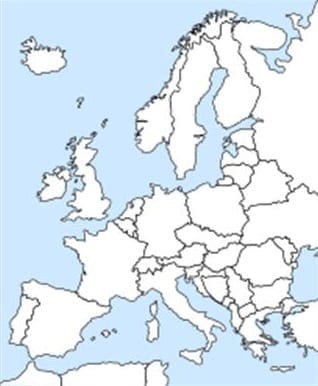EU introduces draft regulation that is meant to protect consumer information
Protecting consumer data is becoming a more important issue for the insurance industry. In Europe, insurance companies may have to take the security of personal data more seriously, pending new rules being debated by the European Union. The European Union has released a draft regulation concerning the protection of consumer data. Protection standards for the draft regulation were initially introduced by the European Commission in 2012 in order to address issues concerning advancing technology and the globalization of the insurance industry.
Insurance industry expresses concern about the draft rules and how they may affect business
The draft regulation applies to all European businesses that process data both online and off. The insurance industry has expressed some concern regarding this, as it represents a potentially complex legislation that could have unintended consequences for insurers and other businesses. One of these concerns has to do with rules regarding profiling. The draft regulation would bar insurers from analyzing data when measuring the risk of certain consumers and using this data to price insurance coverage.
Insurance industry may be barred from analyzing consumer data
 The insurance industry uses a wide range of data when determine the price and risks associated with certain types of coverage. When purchasing auto insurance, an insurer will need to know how long a person has been driving, how many accidents they have been involved in, and other personal information. This data helps insurers understand the risks that are associated with providing coverage. Without the ability to analyze this data, insurers could be exposed to significant financial risks.
The insurance industry uses a wide range of data when determine the price and risks associated with certain types of coverage. When purchasing auto insurance, an insurer will need to know how long a person has been driving, how many accidents they have been involved in, and other personal information. This data helps insurers understand the risks that are associated with providing coverage. Without the ability to analyze this data, insurers could be exposed to significant financial risks.
Draft regulation could make it more difficult to combat insurance fraud
Another concern is that the draft regulation would inhibit the insurance industry’s ability to share information in an effort to fight fraud. It is estimated that insurance fraud represents as much as 10% of all claims expenditure that the insurance industry sees in Europe. Without the ability to share data, insurers may have trouble fighting fraud, which could have a costly impact on their business and on consumers.
